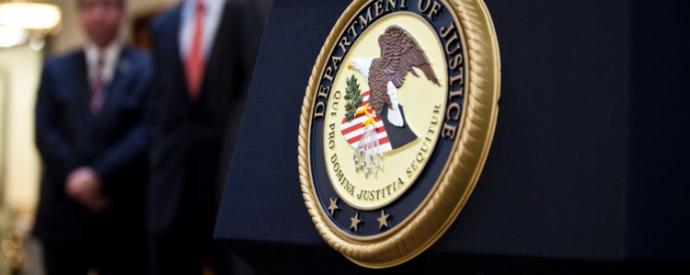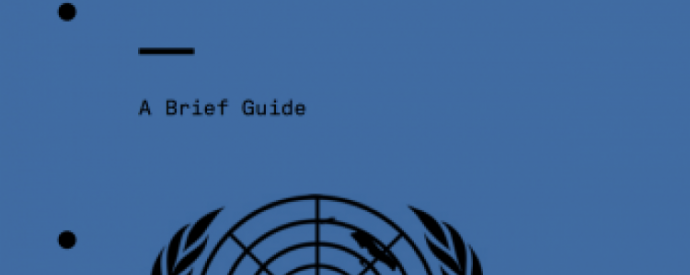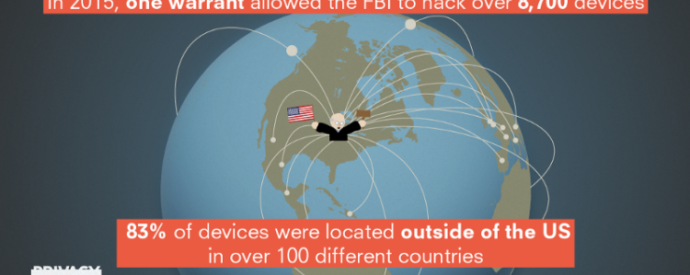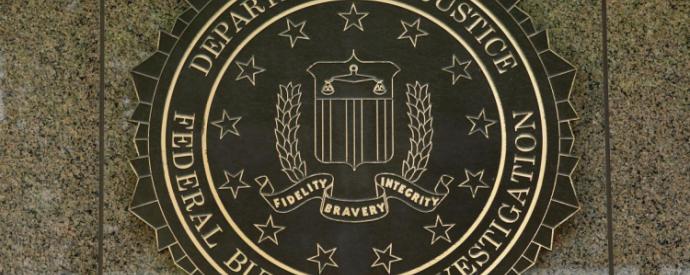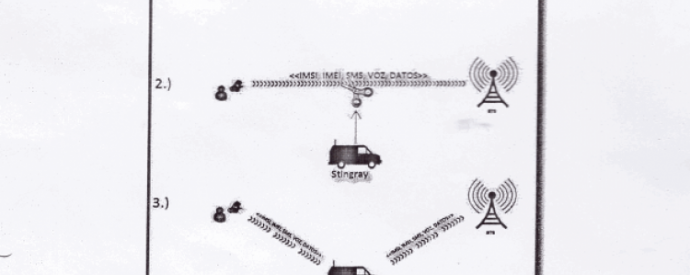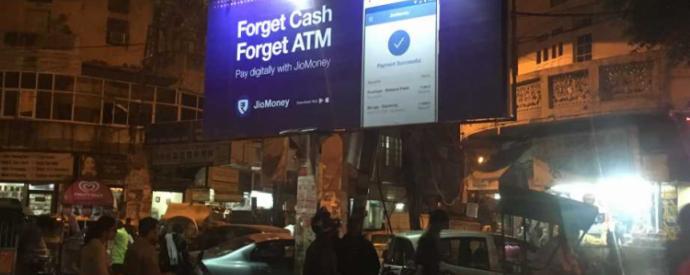Long Reads
In January 2017, Kenya’s information and communication technology regulator, the Communications Authority of Kenya, announced that it was spending over 2 billion shillings (around 14 million USD) on new initiatives to monitor Kenyans’ communications and regulate their communications devices. The
This piece was originally published in Lawfare in May 2017. This post is part of a series written by participants of a conference at Georgia Tech in Surveillance, Privacy, and Data Across Borders: Trans-Atlantic Perspectives. Cross-border law enforcement demands have become increasingly important to
Disclaimer: This piece was written in April 2017. Since publishing, further information has come out about Cambridge Analytica and the company's involvement in elections. Recently, the data mining firm Cambridge Analytica has been the centre of tons of debate around the use of profiling and micro
This briefing highlights opportunities for NGOs to raise issues related to the right to privacy before some selected UN human rights bodies that have the mandate and the capacity to monitor and provide recommendations and redress. The briefing provides some examples based on Privacy International’s
In this special briefing for International Women’s Day 2017, we explore through the work of the Privacy International Network some areas of concern being addressed in relation to privacy, surveillance, women’s rights, and gender. Coding Rights demonstrates the important of generating and
Introduction A growing number of governments around the world are embracing hacking to facilitate their surveillance activities. Yet hacking presents unique and grave threats to our privacy and security. It is far more intrusive than any other surveillance technique, capable of accessing information
This piece was orignally published in Slate in February 2017 In 2015, the FBI obtained a warrant to hack the devices of every visitor to a child pornography website. On the basis of this single warrant, the FBI ultimately hacked more than 8,700 computers, resulting in a wave of federal prosecutions
The use of IMSI catchers [1] to arrest individuals is rarely documented — as IMSI catchers are used secretively in most countries. The arrest of Colombian drug lord Henry López Londoño in Argentina is therefore a rare opportunity to understand both how IMSI catchers are used, and also the complexity
The move to digital payments, without an adequate legal framework, is a double-blow to privacy. India is proving to be the case study of how not to do the move to the cashless society. We are seeing in India the deeper drives to digital: linking financial transactions to identity. On the 8th
In July 2015, representatives of a private company met in a parking lot in Pretoria, South Africa to sell phone tapping technology to an interested private buyer. What they did not know was that this buyer was a police officer. The police had been tipped off that the company was looking to offload

